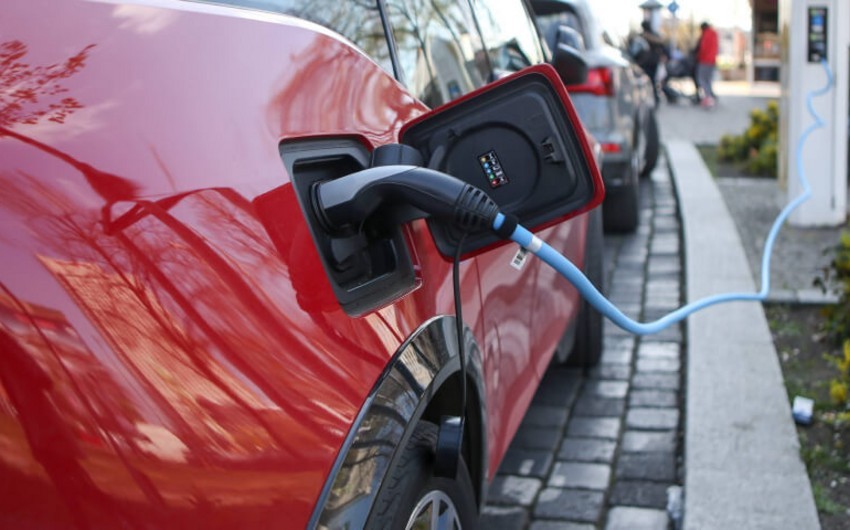Brussels rejected a proposal by the Chinese government for imported electric vehicles made in China to be sold at a minimum price of 30,000 euros ($32,946), three sources said, a move Beijing hoped would avert EU tariffs being imposed next month, Report informs via Reuters.
The European Commission said it had dismissed minimum price offers from EV makers in China a month ago as part of an anti-subsidy investigation that has thrown Beijing and the European Union into their biggest trade dispute in a decade.
Specific details of the compromises being offered in negotiations between the two have not previously been reported.
The three sources familiar with the matter declined to be identified because the details are confidential.
China's Commerce Ministry and the Commission did not immediately respond to requests for comment. The Commission has previously declined to comment on negotiations.
Electric cars cost on average less than half as much in China as they do in Europe and the United States, according to 2023 figures from data firm JATO Dynamics.
The country's carmakers benefit from a range of cost advantages - from local access to raw materials and batteries, to heavy subsidies from Beijing.
The average retail price of a battery-electric car in China was around 32,000 euros ($35,126.40) in the first half of 2023, including models such as BYD's Seagull that sell for under 10,000 euros.
By contrast, the average retail price of a battery electric car in Europe was 66,000 euros, according to JATO's data. Most cheaper models under development - at around 20,000 euros - are not due to hit the market until 2025 at the earliest, with Volkswagen targeting a 20,000 euro vehicle in 2027.
In rejecting the Chinese proposal, Brussels said at the time that it was not only about the prices carmakers charge for their China-made EVs, but also the subsidies they received producing them and removing the impact of such support payments.
The Commission had declined to provide details of the offers, by which makers of EVs in China pledged to respect certain pricing thresholds to avoid flooding the European market with cheap vehicles the bloc says local rivals cannot compete with.
Chinese carmakers such as SAIC and BYD are pricing their EV models just above 30,000 euros in Europe even though they sell them at a fraction of the price in their home market, highlighting their flexibility but also the appeal for them in selling in Europe.
BYD's Seagull, a smaller EV scheduled to come to Europe next year, is expected to be priced just under 20,000 euros.


 https://static.report.az/photo/5682c09b-c0a4-3573-aae3-2152a40b2b94.jpg
https://static.report.az/photo/5682c09b-c0a4-3573-aae3-2152a40b2b94.jpg

